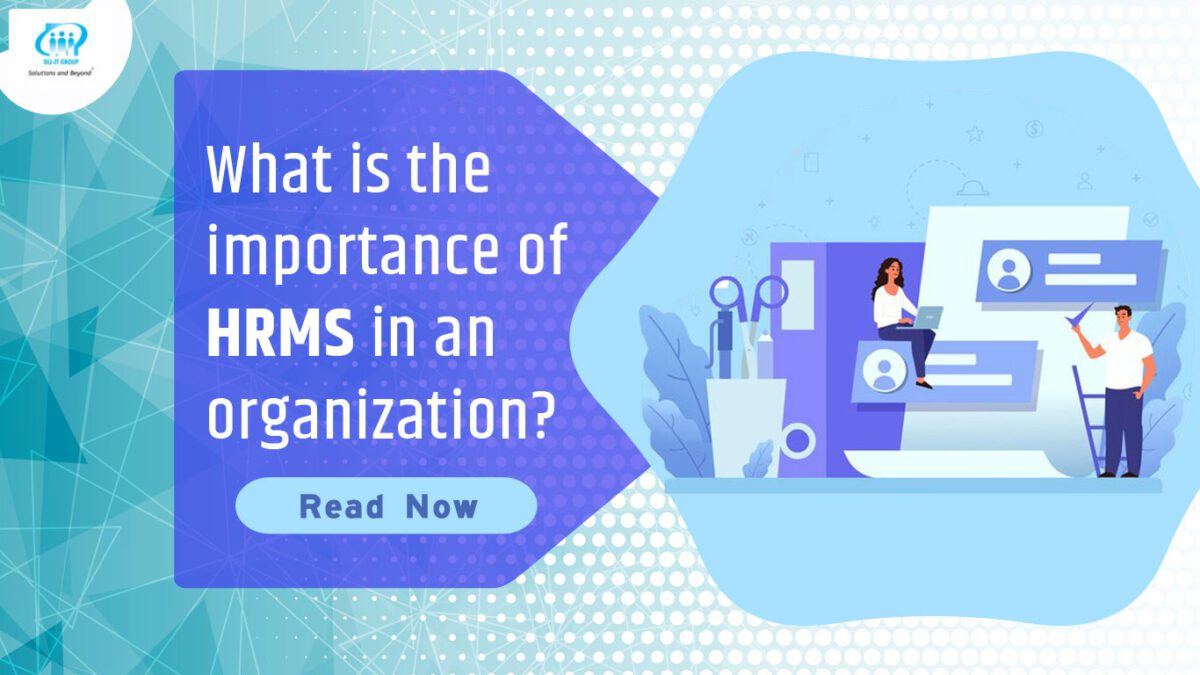Human Resource Management System (HRMS) is a software application designed to manage and automate human resource processes in an organization. The importance of HRMS in an organization cannot be overstated. It streamlines HR functions and makes them more efficient, leading to significant cost savings, increased productivity, and better employee management.
The primary purpose of HRMS software is to automate and streamline HR processes, making them more efficient and effective. It can help HR departments manage the entire employee lifecycle, from recruitment to retirement.
There are various HRMS software available in the market, each with its own unique features and capabilities. Choosing the right HRMS software for your business will depend on your specific needs and requirements. It is important to evaluate different options and consider factors such as cost, functionality, scalability, and ease of use before making a decision.
Here are some of the key benefits of implementing HRMS in an organization:
HRMS software can be used by HR professionals to automate and streamline various HR processes, which can save time and increase efficiency. It can also help organizations to make better-informed decisions related to their human resources, as it provides real-time data and analytics.
Streamlined Recruitment Process: HRMS helps automate and streamline the recruitment process by allowing recruiters to post job openings, track applicant progress, and manage resumes and candidate information in one central location. This makes the recruitment process faster and more efficient, resulting in quicker hiring times and better hiring decisions.
Enhanced Employee Management: HRMS enables HR teams to manage employee information, including personal details, employment history, and performance data, in one centralized database. This helps to ensure accurate and up-to-date employee records, leading to better decision-making and employee management.
Increased Productivity: HRMS automates repetitive and time-consuming tasks, such as data entry and report generation, allowing HR teams to focus on more strategic activities that can positively impact the organization’s bottom line.
Improved Communication: HRMS provides a centralized platform for communication between HR teams and employees. This ensures that employees have access to the information they need and can communicate with HR teams in a timely and efficient manner.
Compliance: HRMS helps ensure that the organization remains compliant with relevant laws and regulations by providing easy access to required documentation and facilitating the management of HR-related processes such as performance reviews and disciplinary actions.
Onboarding and Offboarding: HRMS simplifies the onboarding process by automating the collection of new hire information and documentation, such as tax forms, benefits enrollment, and employee agreements. HRMS also helps manage the offboarding process by ensuring that all exit formalities are completed, such as deactivating employee accounts and collecting company assets.
Time and Attendance Management: HRMS automates the tracking of employee time and attendance, including work hours, sick leave, and vacation time. HRMS also calculates employee leave balances and ensures that employees are paid accurately based on their attendance records.
Benefits Administration: HRMS manages the administration of employee benefits, including health insurance, retirement plans, and other perks. HRMS allows HR professionals to enroll employees in benefits plans, manage benefits-related communications, and generate reports to track benefits usage.
Payroll Management: HRMS automates payroll processing, including calculating employee pay, withholding taxes, and generating paychecks. HRMS also ensures that payroll data is accurate and up-to-date, and generates reports to track payroll expenses.
In summary, HRMS is a critical tool for modern organizations looking to streamline HR processes, increase productivity, and better manage their workforce. Its benefits are significant and far-reaching, making it a wise investment for any organization looking to stay competitive in today’s fast-paced business environment. By automating administrative tasks, providing data-driven insights, and simplifying HR processes, HRMS software can help HR professionals save time, reduce errors, and focus on strategic initiatives that drive business success.
